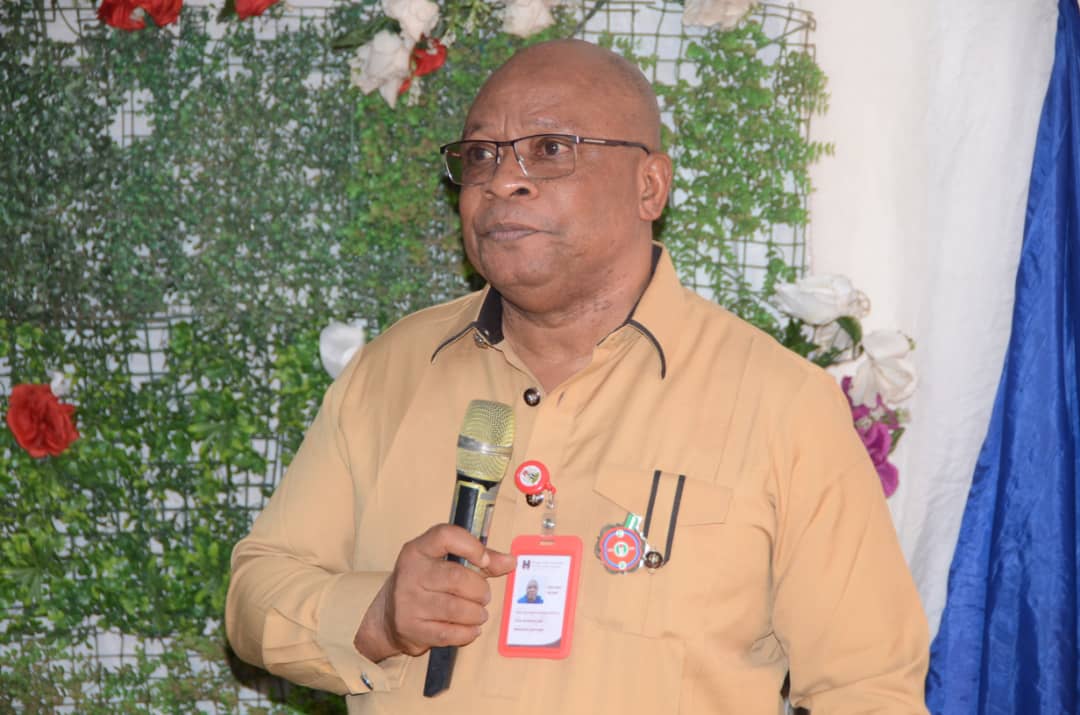Simon Ekpa, the self-acclaimed Prime Minister of Biafra, has rejected the letter purportedly written to him by Nnamdi Kanu, the leader of the Indigenous People of Biafra (IPOB).
In the letter, which was read publicly by Kanu’s lawyer, Aloy Ejimakor, Ekpa was directed to halt his actions against South-East Governors and discontinue the Monday sit-at-home order. However, Ekpa, whose directive has been responsible for the weekly Monday sit-at-home in the South-East region, has branded the letter as fake and insisted that the sit-at-home order must be adhered to.
In his response posted on Twitter, the Finland-based Ekpa expressed his disbelief in the authenticity of the letter, referring to it as an insult taken too far. He laid down conditions for acknowledging the letter as genuinely coming from Kanu, stating that Kanu must be released by the Department of the State Service (DSS) and should address Biafrans from Finland. Ekpa was adamant that the letter he was presented with did not resemble the way Kanu would typically communicate.
Asserting his position as the Prime Minister of Biafra under the leadership of Nnamdi Kanu, Ekpa called on all Biafrans to dismiss the purported letter from the DSS, emphasizing that he and others cannot take orders from the said agency. He reemphasized that the condition for recognizing any communication from Kanu is his release and addressing of Biafrans from Finland.
The rift between Simon Ekpa and Nnamdi Kanu, as well as the skepticism surrounding the letter, adds complexity to the Biafra secessionist movement. The ongoing sit-at-home orders have impacted the economy and daily life in the South-East region, further heightening tensions and raising questions about the strategies employed by IPOB in its quest for an independent Biafra.
As the situation unfolds, the Biafra movement remains a contentious issue with significant implications for regional stability and Nigeria’s unity. The refusal to obey the alleged directive from Kanu has raised concerns about potential internal divisions within the pro-Biafra movement, warranting attention from both the public and relevant authorities.




